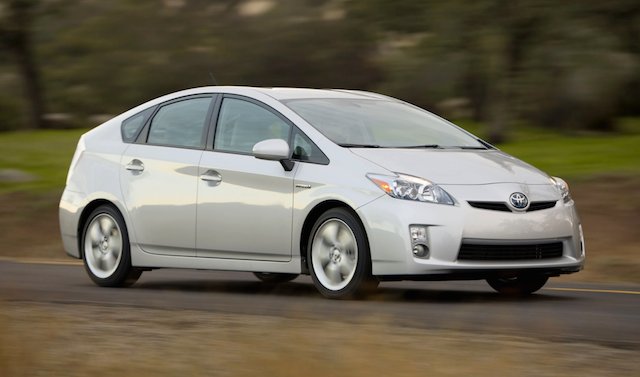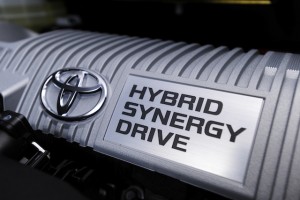
Toyota is turning away from a 20-year effort to build a viable battery-electric vehicle in favour of advanced petrol-electric hybrids and, later, hydrogen fuel cells. The Japanese company has ended its 2010 deal with America’s electric-car company Tesla Motors to supply batteries over three years for 2600 all-electric Toyota RAV4s. Its North American CEO Jim Lentz said battery-electric vehicles have a place in the world, if only in a short-range role. “But for long-range travel primary vehicles, we feel there are better alternatives, such as hybrids and plug-in hybrids, and tomorrow with fuel cells,” Lentz said in an interview with America’s Automotive News. Lentz said the deal with cialis dose

